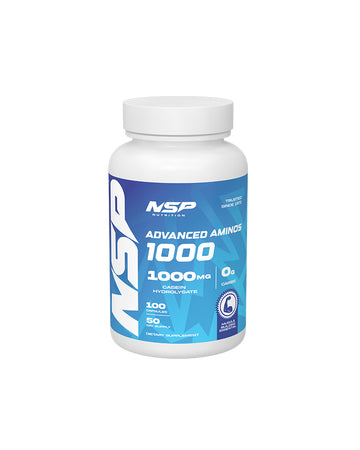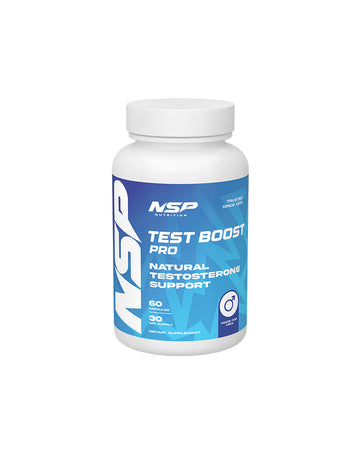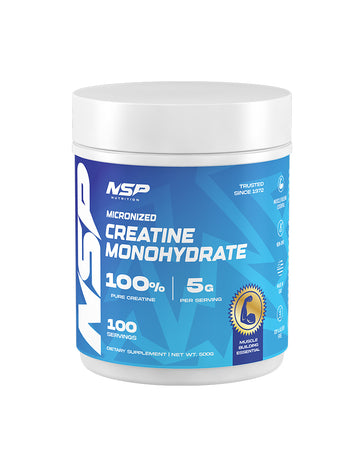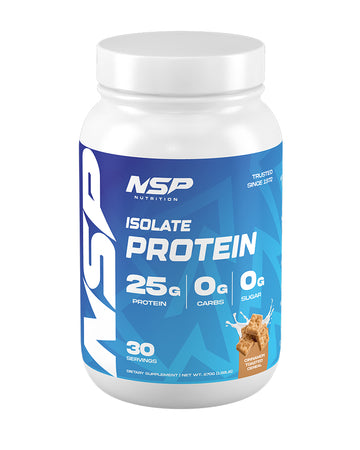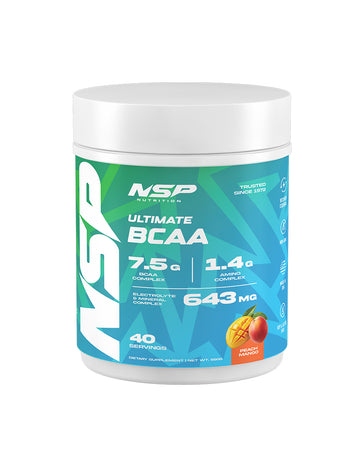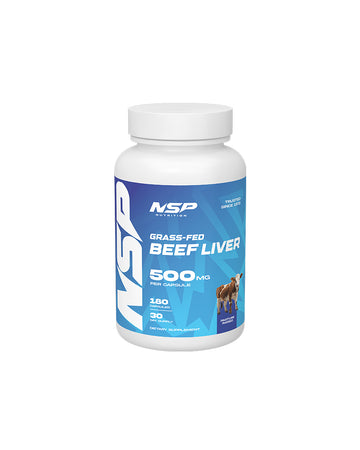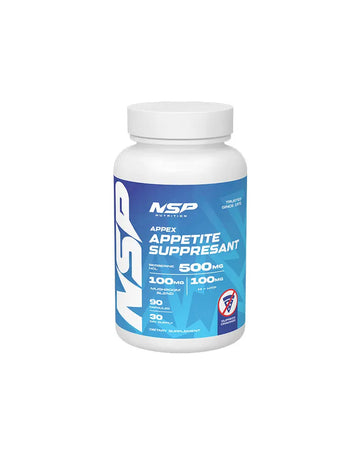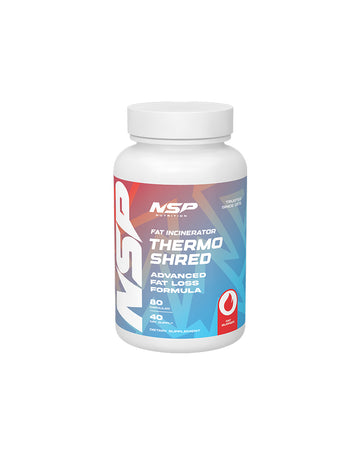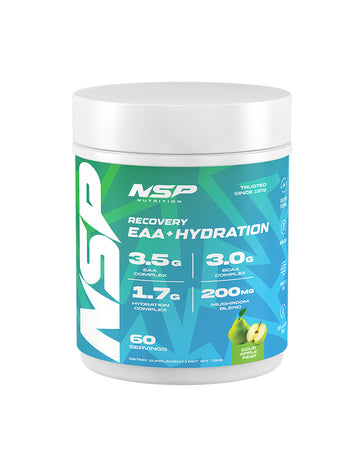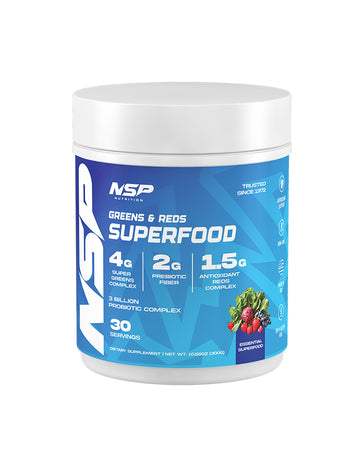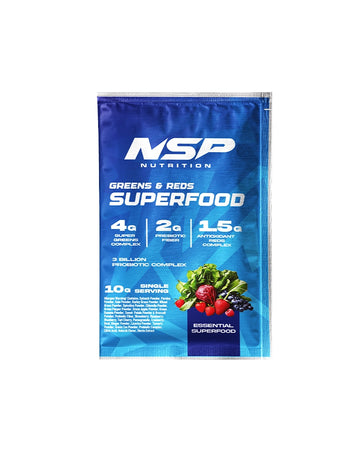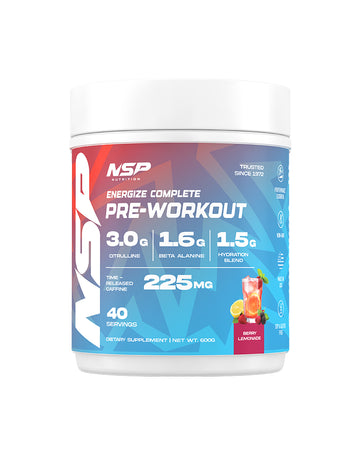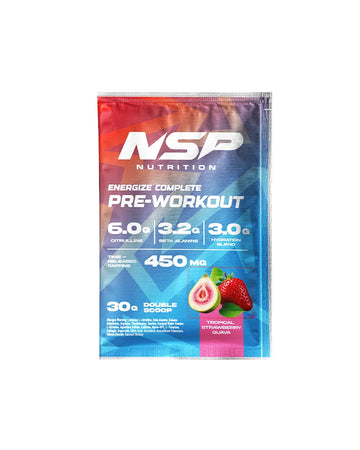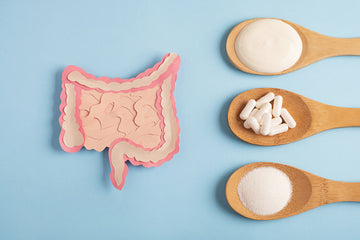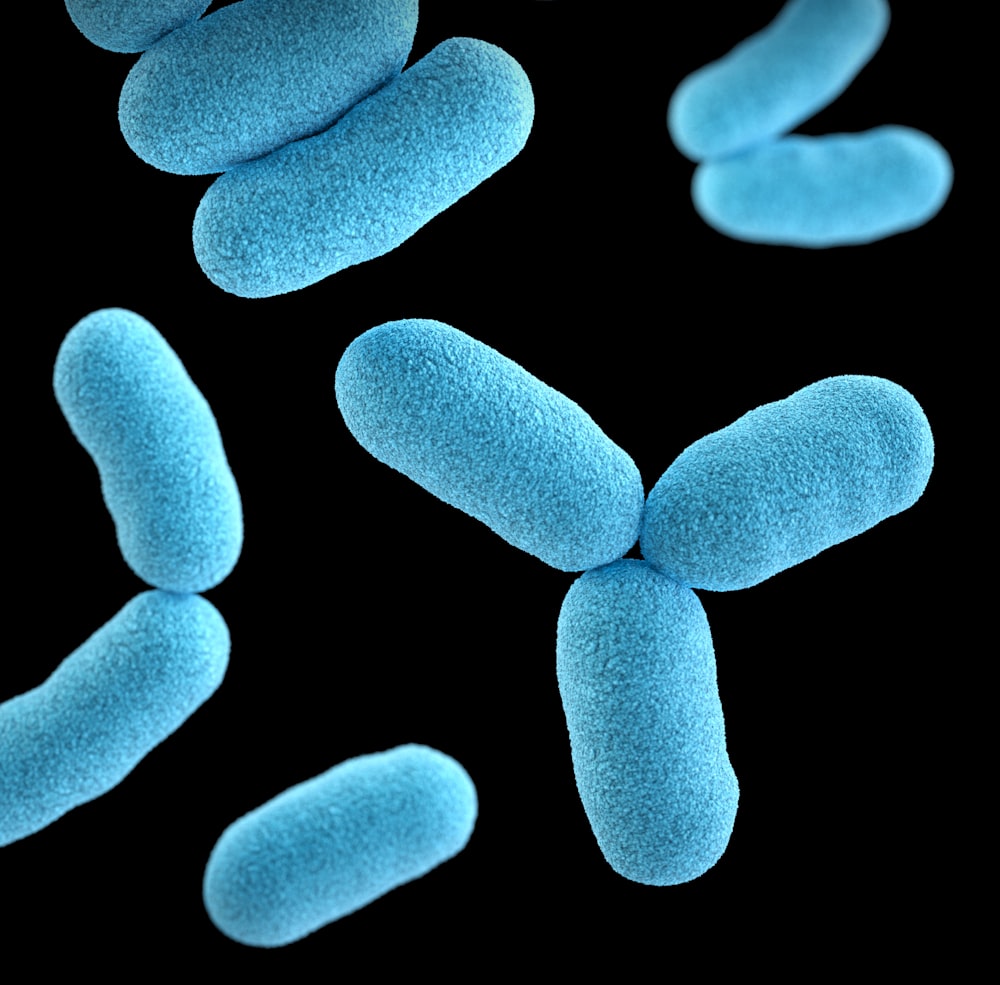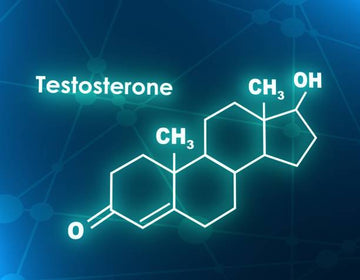The first thing that comes to mind when you hear the word bacteria is germs, diseases, infections, a runny nose, or pretty much anything that’s nasty and could leave you out of commission.
But like everything else in life, there’s actually more to this group of microorganisms.
It goes without saying that not all bacteria or micro organic life is bad for you. In fact, you’ve got a specialized group of billions of healthy bacteria that for a better word, you simply cannot do without.
Probiotics are living microorganisms that live in our gut and provide a range of health benefits, and are a fascinating topic that has gained a lot of attention in recent years, and for good reason.
They are commonly found in fermented foods and supplements and have been the subject of extensive research in recent years. In this blog post, we will explore the amazing world of your gut bacteria and the benefits of probiotics.
First, What are Probiotics, Really?
Probiotics are live microorganisms that provide a range of health benefits when consumed in adequate amounts. They are commonly found in fermented foods such as yogurt, kefir, sauerkraut, kimchi, and kombucha. Probiotics can also be taken in supplement form, either as capsules, powders, or liquids.
There are many different types of probiotics, including species of Lactobacillus, Bifidobacterium, and Saccharomyces. Each type of probiotic has its own unique benefits and works in different ways to support our gut health.
How Do Probiotics Work?
Probiotics work by restoring the balance of bacteria in our gut. Our gut is home to trillions of bacteria, both good and bad. When the balance of bacteria is disrupted, it can lead to a range of health problems such as digestive issues, inflammation, and weakened immune function, especially when you’ve just come out of a long illness and have taken a bunch of antibiotics, or powerful drugs that kill microorganic life regardless of function.
By consuming probiotics, we can increase the number of good bacteria in our gut and restore the balance of our gut microbiome. Probiotics can also help to improve the function of our gut barrier, which is essential for preventing harmful substances from entering our bloodstream.
The Benefits of Probiotics
One of the most well-known benefits of probiotics is their ability to improve digestive health. Probiotics can help to reduce symptoms of digestive issues such as bloating, gas, and constipation. They can also help to prevent the development of more serious digestive conditions such as inflammatory bowel disease (IBD).
Studies have shown that probiotics can help to reduce inflammation in the gut and improve the function of the gut barrier. This can help to prevent harmful substances from entering the bloodstream and causing further inflammation and damage.
Our gut is home to a large proportion of our immune system. The good bacteria in our gut play a vital role in supporting immune function and fighting off harmful pathogens.
Studies have shown that probiotics can help to enhance immune function and reduce the risk of infections such as the common cold and flu. They can also help to reduce the risk of more serious infections such as pneumonia and sepsis.
There is a growing body of evidence to suggest that the health of our gut microbiome is closely linked to our mental health. Studies have shown that probiotics can help to reduce symptoms of depression, anxiety, and stress.
Probiotics may work by reducing inflammation in the body, which has been linked to an increased risk of mental health issues. They may also produce certain neurotransmitters such as serotonin, which can improve mood and reduce feelings of anxiety and depression.
Probiotics may also play a role in weight management. Studies have shown that certain types of probiotics can help to reduce body weight and fat mass, particularly in individuals who are overweight or obese.
Probiotics may work by reducing inflammation in the body and improving insulin sensitivity. They may also increase the production of certain hormones that help to regulate appetite and metabolism.
There is some evidence to suggest that probiotics may also improve skin health. Studies have shown that probiotics can help to reduce symptoms of skin conditions such as eczema, acne, and rosacea.
Probiotics may work by reducing inflammation in the body and improving the function of the skin barrier. They may also produce certain substances that have antimicrobial and anti-inflammatory properties
Foods that Contain Probiotics
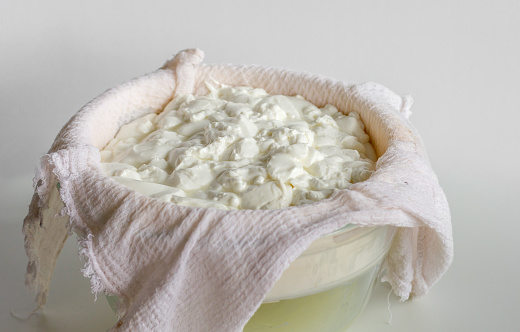
There are many different foods that contain probiotics, including:
- Yogurt: This is one of the most popular probiotic foods. Look for yogurt that contains live and active cultures.
- Kefir: This is a fermented milk drink that is similar to yogurt but has a thinner consistency.
- Sauerkraut: This is a fermented cabbage dish that is commonly eaten in Germany and other parts of Europe.
- Kimchi: This is a spicy Korean dish that is made from fermented vegetables such as cabbage and radishes.
- Kombucha: This is a fermented tea drink that is becoming increasingly popular in many parts of the world.
Probiotic Supplements
Probiotic supplements are also widely available and can be a convenient way to ensure that you are getting enough probiotics in your diet. When choosing a probiotic supplement, it is vital to look for a high-quality product that contains a variety of different strains of probiotics.
It is also important to choose a supplement that has been tested for potency and effectiveness. Some probiotic supplements may not contain enough live bacteria to be effective, so it is important to do your research before purchasing a product.

Best Time To Take Probiotics (According to Gut Experts)
While the time of day is ultimately up to you, experts suggest that probiotics may be most effective if you plan to take them about 30 minutes before a meal — and most effective if you take your supplement before breakfast.
How Often Should You Take Probiotics?
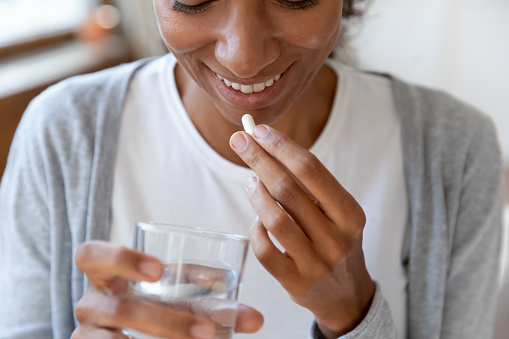
The short answer is every day.
And no, this isn’t a ploy to get you to swallow down more supplements than you need to.
The thing with probiotics, is that they work fast, and also leave the body in a similar fashion.
Any benefits from a probiotic only happen as it passes through your body, and as a result, if you want to really build a perfect and healthy environment for your gut to thrive in and finally get rid of any and all gu- related problems once and for all, you have to cultivate the habit of taking your probiotics in the recommended dose for a minimum of 3 weeks.
Conclusion
Probiotics are an amazing world of gut bacteria that offer numerous benefits for our health. By incorporating probiotic-rich foods into your diet or taking a high-quality probiotic supplement, you can support the health of your gut microbiome and improve your overall health and wellbeing. So why not give it a try and see how it can benefit you?















